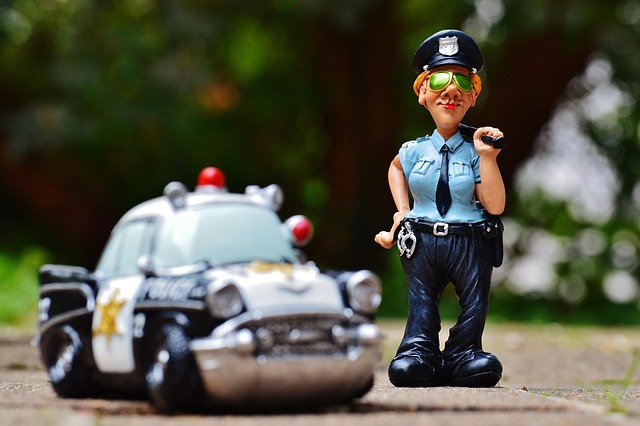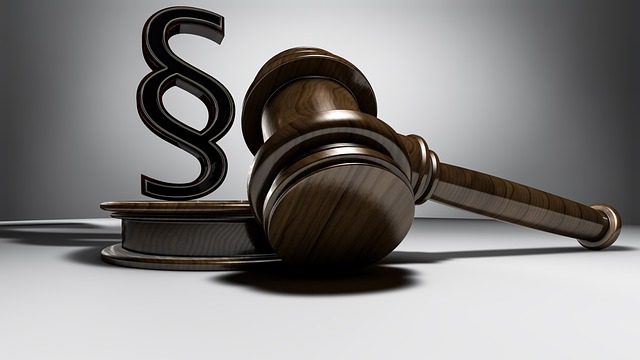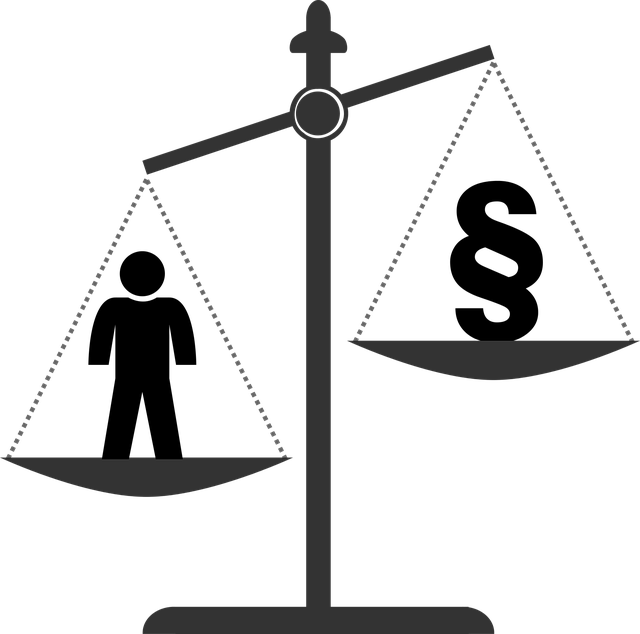Environmental crimes, ranging from pollution to wildlife trade, require comprehensive legal responses. Consumer Protection Laws offer a powerful tool to combat these issues by holding offenders accountable and protecting consumers. Filing a consumer protection lawsuit involves research, gathering evidence, drafting a complaint, and engaging legal counsel. Successful cases, like Exxon Valdez and Volkswagen emissions scandal, have led to substantial fines and precedents for corporate responsibility. Learn how to file a consumer protection lawsuit to drive environmental change and uphold justice.
Environmental crime, a growing global concern, refers to illegal activities damaging ecosystems and public health. This article delves into the world of environmental justice, exploring key aspects of prosecuting these crimes. We examine consumer protection laws as powerful tools against polluters, providing guidance on how to file a consumer protection lawsuit effectively. Through real-world case studies, we demonstrate the impact of successful environmental crime trials, highlighting their role in deterring future violations and fostering sustainable practices. Learn the steps to navigate the legal process and join the fight for a greener tomorrow.
- Understanding Environmental Crime: Definition and Scope
- Consumer Protection Laws: A Key Tool Against Environmental Offenders
- Navigating the Legal Process: Filing a Successful Lawsuit
- Case Studies: Real-world Examples of Environmental Crime Trials and Their Impact
Understanding Environmental Crime: Definition and Scope

Environmental crime, a growing concern worldwide, refers to illegal activities that harm or exploit natural resources and environments. This includes diverse acts like pollution, deforestation, illegal wildlife trade, and toxic waste disposal, often with severe long-term ecological consequences. Understanding these crimes involves recognizing their broad scope, which encompasses both direct damage to ecosystems and indirect impacts on communities’ health and livelihoods.
The complexity of environmental crime is reflected in its various forms and the need for comprehensive legal frameworks to address it. This is where consumer protection lawsuits play a crucial role, especially when individuals or communities are affected by environmental degradation. By utilizing laws designed to safeguard consumers, these lawsuits can spark action across all stages of the investigative and enforcement process, from local to national levels, and even lead to jury trials across the country. Thus, they serve as a powerful tool in holding perpetrators accountable and driving change in environmental protection practices.
Consumer Protection Laws: A Key Tool Against Environmental Offenders

Consumer Protection Laws play a pivotal role in combating environmental crimes by providing a robust legal framework to hold offenders accountable. These laws are designed to protect consumers, ensuring they receive safe and legitimate products or services. In the context of environmental offenses, they serve as a powerful tool to deter and punish polluters and environmentally reckless businesses.
When an individual becomes aware of an environmental violation, such as the sale of contaminated goods or fraudulent eco-friendly claims, they can take action by filing a Consumer Protection Lawsuit. This process involves navigating all stages of the investigative and enforcement process, which includes gathering evidence, conducting interviews, and ultimately presenting a case to compensate affected parties. Philanthropic and political communities often support these efforts, recognising their significance in upholding environmental justice for his clients.
Navigating the Legal Process: Filing a Successful Lawsuit

Navigating the legal process to file a successful lawsuit against environmental crimes is a crucial step in holding wrongdoers accountable. The first step involves thoroughly researching and understanding applicable laws, regulations, and prior cases related to your specific environmental crime. This knowledge ensures your lawsuit aligns with legal precedents and strengthens your case.
When filing a consumer protection lawsuit, it’s essential to document all interactions and evidence of harm caused by the environmental violation. This includes gathering scientific reports, witness statements, and financial records demonstrating the impact on individuals or communities. A well-prepared and detailed complaint is then drafted, outlining the facts, legal arguments, and sought-after remedies. Engaging experienced legal counsel who specialize in environmental law can significantly enhance your chances of success throughout all stages of the investigative and enforcement process, ensuring your voice is heard and justice is served, not just for affected individuals but also for the philanthropic and political communities.
Case Studies: Real-world Examples of Environmental Crime Trials and Their Impact

Environmental crime trials have served as powerful tools for holding perpetrators accountable and shaping corporate behavior. Notable cases like the Exxon Valdez oil spill case in 1989, where Exxon Mobil was fined $507 million and ordered to pay billions in restitution, set precedents for punitive damages and environmental restoration costs. These trials demonstrate how legal action can drive corporate responsibility and deter future misconduct.
Another compelling example is the Volkswagen emissions scandal of 2015, wherein the company installed software in vehicles to cheat on emissions tests. This led to a global settlement involving billions in fines, compensations for affected consumers (how to file a consumer protection lawsuit), and environmental remediation efforts. These case studies reveal the far-reaching impact of environmental crime trials, ensuring that businesses operate within ethical boundaries and upholding regulations across all stages of the investigative and enforcement process.
Environmental crime, often hidden from public view, demands our attention and collective action. By understanding the scope and impact of these crimes, we can leverage legal tools like consumer protection laws to hold offenders accountable. Navigating the legal process, as highlighted in this article, provides a roadmap for filing successful lawsuits. Examining real-world case studies demonstrates the power of environmental crime trials in fostering change. Armed with knowledge and the right legal strategies, individuals and communities can play a vital role in protecting our planet and ensuring justice prevails. To take action, remember that understanding your rights under consumer protection laws is the first step, and successfully filing a lawsuit can be a game-changer in the fight against environmental offenders.






